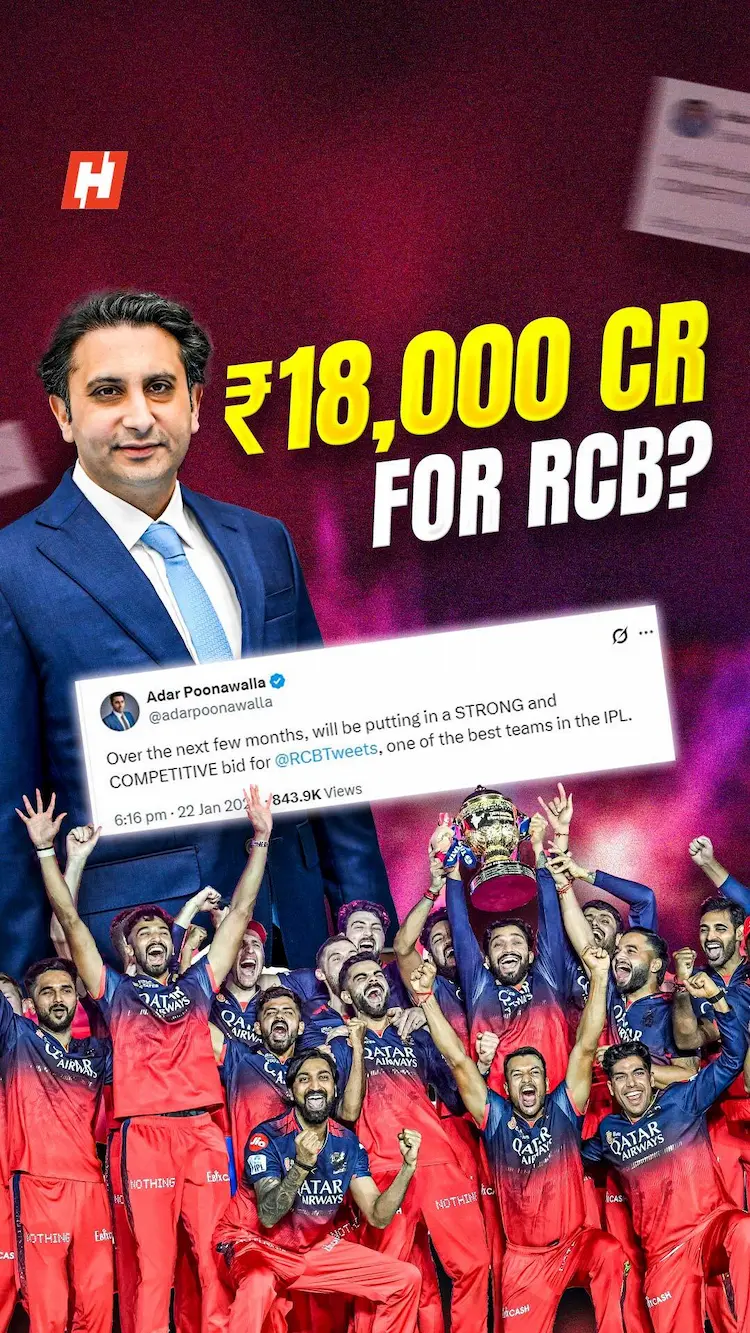"What is wrong with being black?" Kerala Chief Secretary responds to comment about her complexion
Kerala's Chief Secretary Sarada Muraleedharan has responded to a comment that linked the quality of her work to her complexion, suggesting that blackness implied inferiority. She underlined the deeper cultural biases behind such perceptions and emphasised the need to challenge them.
“I thought, you know, the reason that you brought that black in is because my skin is dark on the one hand, and then it goes beyond that to imply that, you know, that blackness is not good quality,” Muraleedharan said. She added, “And so both of these need to be, both of these are actually cultural constructs that need to be challenged, that that's not the truth of it. I mean, what is wrong with being, what is, what is wrong about black? Isn't it more a perception than a reality?”
The top bureaucrat in Kerala then went on to add that it was "important to claim blackness as something which is worthwhile. And beautiful.” She further stated that, “It is a fact that I'm a woman and I'm dark. And you know that is a reality of my life and it's a reality that for a while, I've been also defensive about. And I think it's high time for me to feel not to feel defensive about either the fact that I'm a woman or that I am dark."
Muraleedharan said it was time she owned "both of these" and came out strongly. Her coming out strongly, she added, "could help those people who were going through similar feelings of insecurity and inadequacy to feel that, you know what, we're worth it, and we don't need external validation.”
She asked, “There is beauty in being skinny. There is beauty in being rounded. There is beauty in having hair on your head. There is beauty in not having hair on your head. There is beauty in being pockmarked. There is beauty in having clear skin, and we've got each and every different kind of beauty is something that we should all enjoy.”
She further said, “I believe that the next generation has, so while it has also been subject to the kind of acculturation that our generations and previous generations have been through, they have been subjected to more through social media perhaps and different digital networks and their exposure has been a lot more cosmopolitan perhaps and that has helped a lot of these children to develop an understanding and tolerance of a world which is far more varied.”









